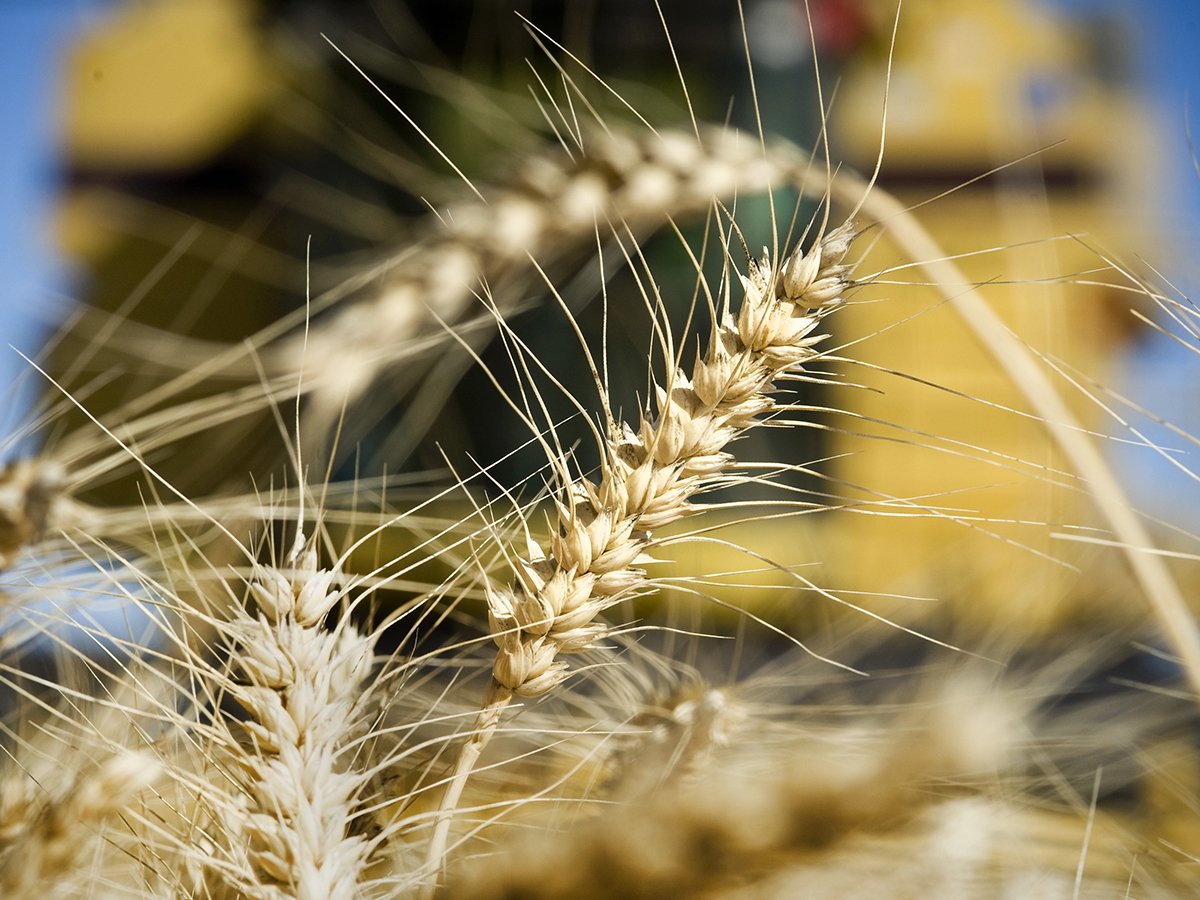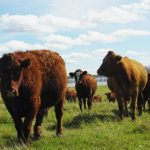Disposal of animal manure is one of the biggest problems facing agriculture today.
Now, scientists with the United States Department of Agriculture’s agricultural research service may have found a way to convert some types of manure into a material that can be used to help keep the environment clean.
Animal waste is mostly used as fertilizer. Unfortunately, when added to soil, a buildup of nutrients such as nitrogen, phosphorus and potassium can occur, especially if it’s applied repeatedly to the same area.
This can lead to pollution run-off into rivers and streams as well as nitrogen leaching into shallow ground water, which has caused some U.S. states to introduce legislation to limit such applications.
Read Also

European wheat production makes big recovery
EU crop prospects are vastly improved, which could mean fewer canola and durum imports from Canada.
Government chemist Isabel Lima has discovered a potentially less detrimental way to use animal waste. She has found a way to convert it into activated carbons, which soak up unwanted pollutants and can be used for environmental remediation.
Bituminous coal and coconut shells are the two materials now most commonly used by U.S. manufacturers to make activated carbons. However, coal is an expensive and nonrenewable resource, costing between $60 and $80 US per ton, while coconut shells are not readily available here.
So far, Lima has focused her studies on poultry litter, which is inexpensive and available. When pelletized and activated under specific conditions, the litter becomes a highly porous material with a large surface area. In early tests, these litter-based carbons performed well in adsorbing copper, which suggests they may do well as a waste water filter for other metal ions. Their adsorption rate may also make them more cost effective than carbons now on the market.
This technology could provide farmers with an acceptable way to beneficially use their animal manure.















